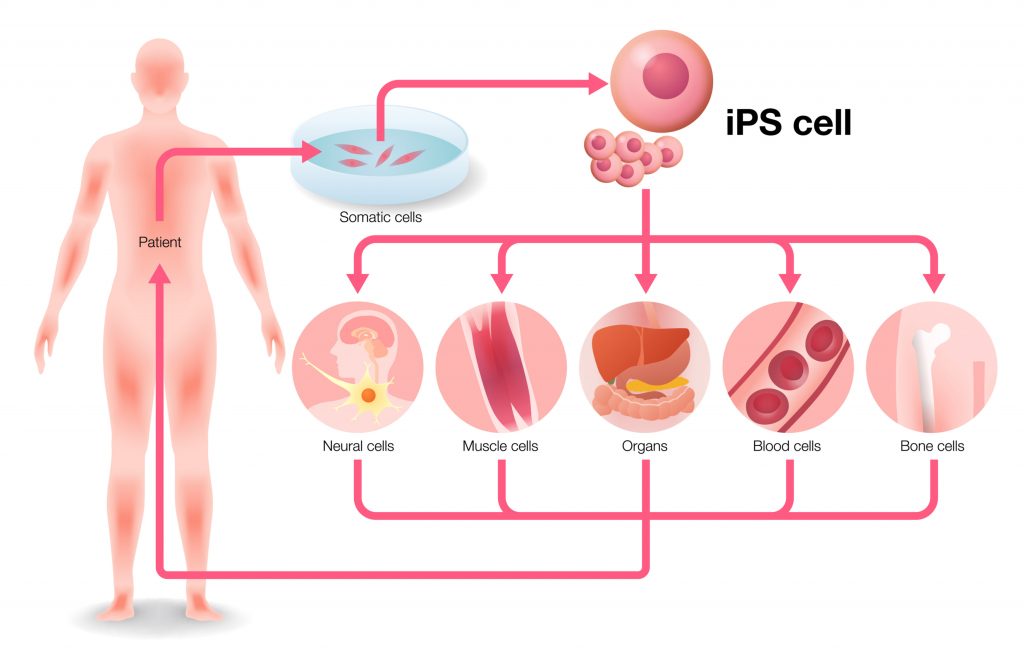New Study Successfully Reprogram Skin Cells into Pluripotent Stem Cells
There are many types of cells existing in the human body, each of which plays a different type of role. In 2012, Nobel Prize winner - Japanese scientist Yamanaka Yamanaka successfully transformed adult skin cells into induced pluripotent stem cells (iPSC) ), this process is called reprogramming.
Until now, the reprogramming process may only introduce key genes that promote cell type transformation, which is called "Yamanaka factors" and can be artificially transferred to skin cells that are not active in normal conditions. Recently, scientists from institutions such as the University of Helsinki in Finland have successfully transformed skin cells into pluripotent stem cells by activating their own genes, the related result is published in Nature Communications. In the article, the researchers applied the gene editing tool CRISPRa to directly activate related genes in the cell. They took a ‘passivated’ version of the Cas9 scissors, which can not cleave the DNA, but instead activated the gene expression without mutating the genome.
Researcher Professor Otonkoski said that the CRISPR/Cas9 gene editing system can be used to activate gene expression, which can show great potential in cell reprogramming because it can target multiple genes at the same time. Compared to the overexpression of transgenes, the reprogramming process based on activation of endogenous genes can theoretically control the fate of cells in a physiological way, meanwhile, more normal cells can be produced. In the article, the researchers engineered the CRISPR activation system to enable powerful reprogramming of cells to produce induced pluripotent stem cells.
The key to the success of this research is its ability to activate key genetic components. In the early stage, researchers discovered that these genetic elements can regulate the earliest stages of human embryo development after fertilization. The researchers claimed that they can manipulate the pluripotent stem cells obtained to make them similar to typical early embryonic cells with this gene editing technology. The results suggest that future researchers may be able to improve many other reprogramming tasks by addressing typical genetic components in targeted cell rationality.
Finally, Jere Weltner, one of the researchers said that this new technology is expected to be widely applied in the field of biobanking and many other organizational technologies. In addition, this study can help researchers understand the molecular mechanisms controlling gene activation in early embryonic cells.
Related keywords:


Your email address will not be published. Required fields are marked *